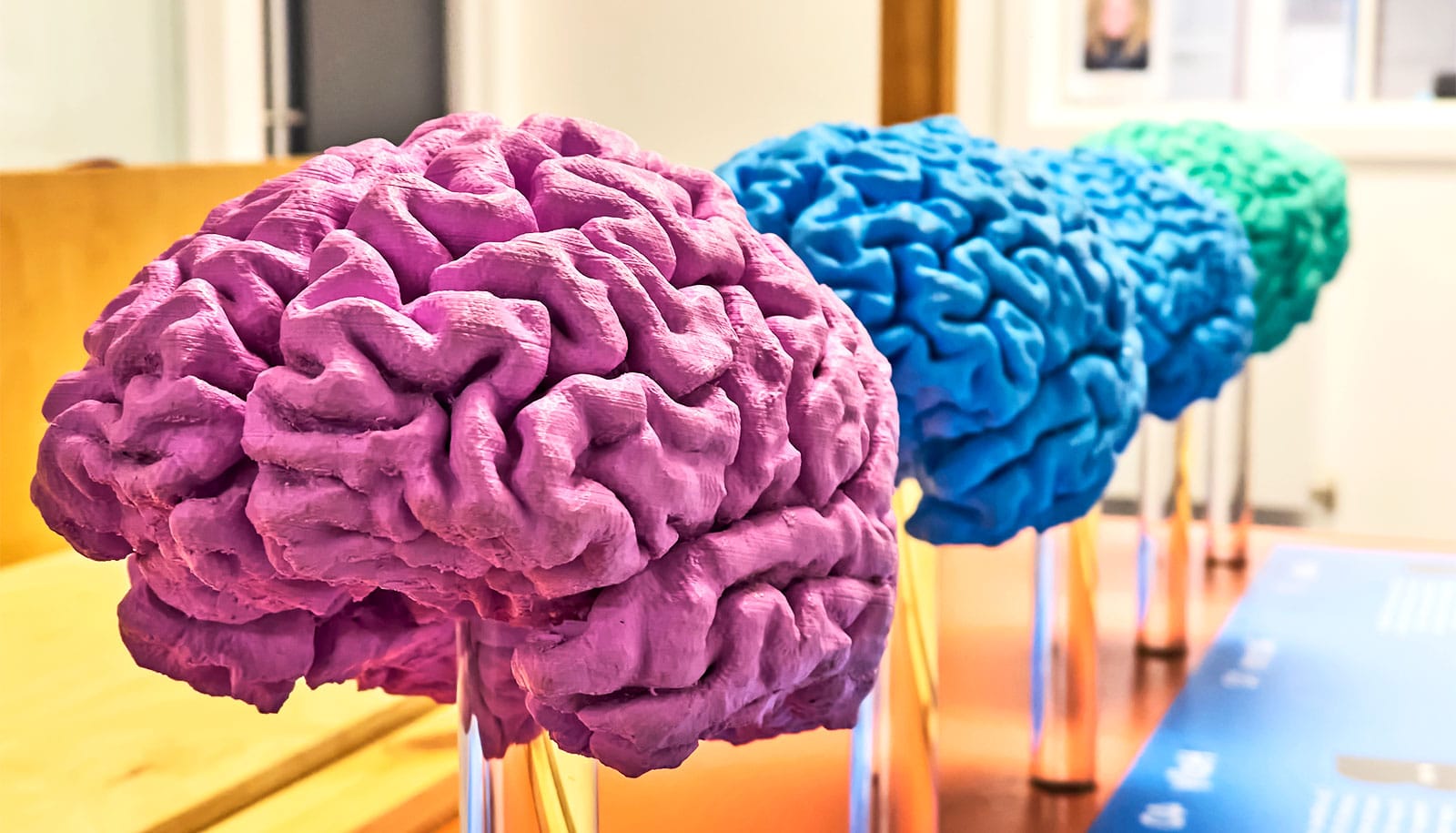Researchers have identified a protein that, in embryonic mice, lessens the kind of brain hemorrhaging that affects many low-birth-weight babies born prematurely.
One in five very low-birth-weight, premature infants suffers a life-threatening brain hemorrhage, often originating in a vital region known as the germinal matrix. The protein researchers identified in the new research, reported in Developmental Cell, could potentially serve as a therapy in affected humans.
To better understand the hemorrhage disorder, researchers studied embryonic mice models lacking a key gene (Alk5) in pericytes—cells that contribute to the walls of small blood vessels in the brain. They first observed that mutant embryonic mice lacking this gene in pericytes develop the condition known as germinal matrix hemorrhage. Interestingly, the deleterious effects of gene deletion were primarily on endothelial cells, which form the inner lining of blood vessels, the researchers say.
In the mutant mice, communication between pericytes and endothelial cells failed, leading to abnormal vessel dilation and hemorrhage.
Dads stress out more than moms when preemies get home
Through their experiments, the researchers also identified a protein (TIMP3) that Alk5 regulates. By injecting this protein into the mutant mice, they were able to compensate for the missing gene and dramatically lessen bleeding.
More research is necessary to confirm the benefits of the protein as therapy. If it bears out, however, the discovery could also have implications for other conditions involving damage to brain vessels, such as hemorrhagic stroke in adults, researchers say.
Source: Yale University



